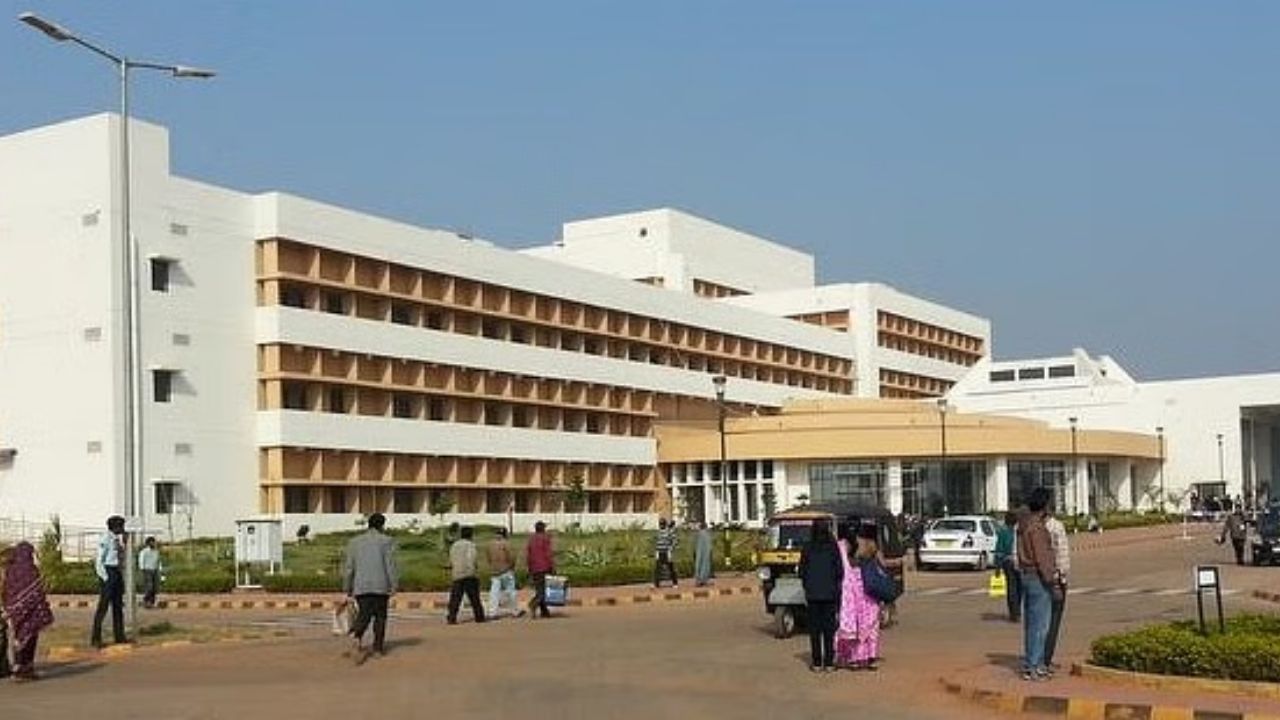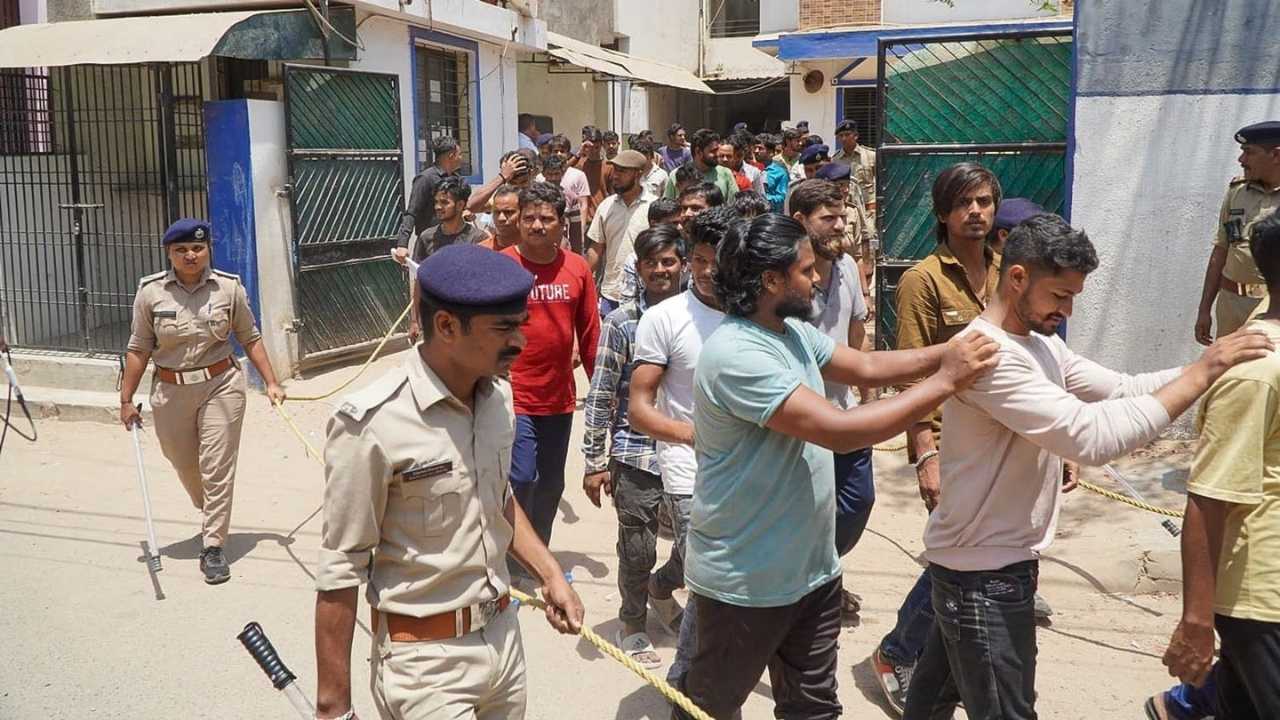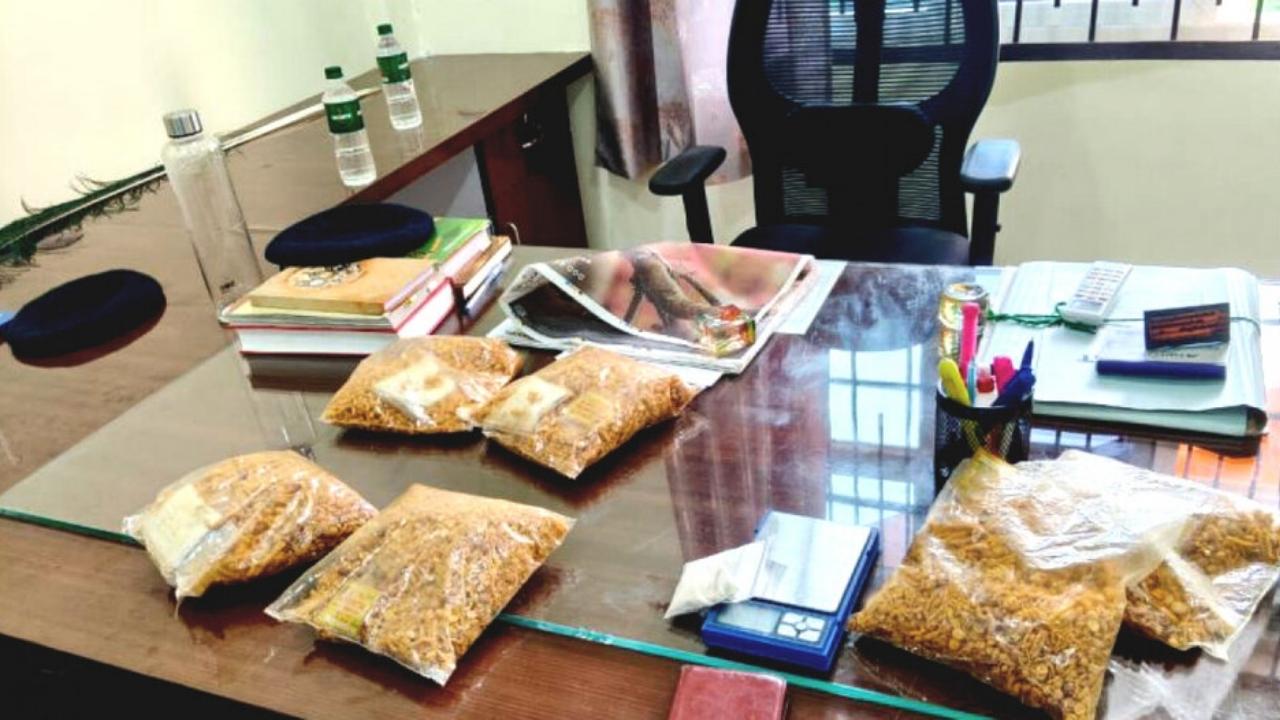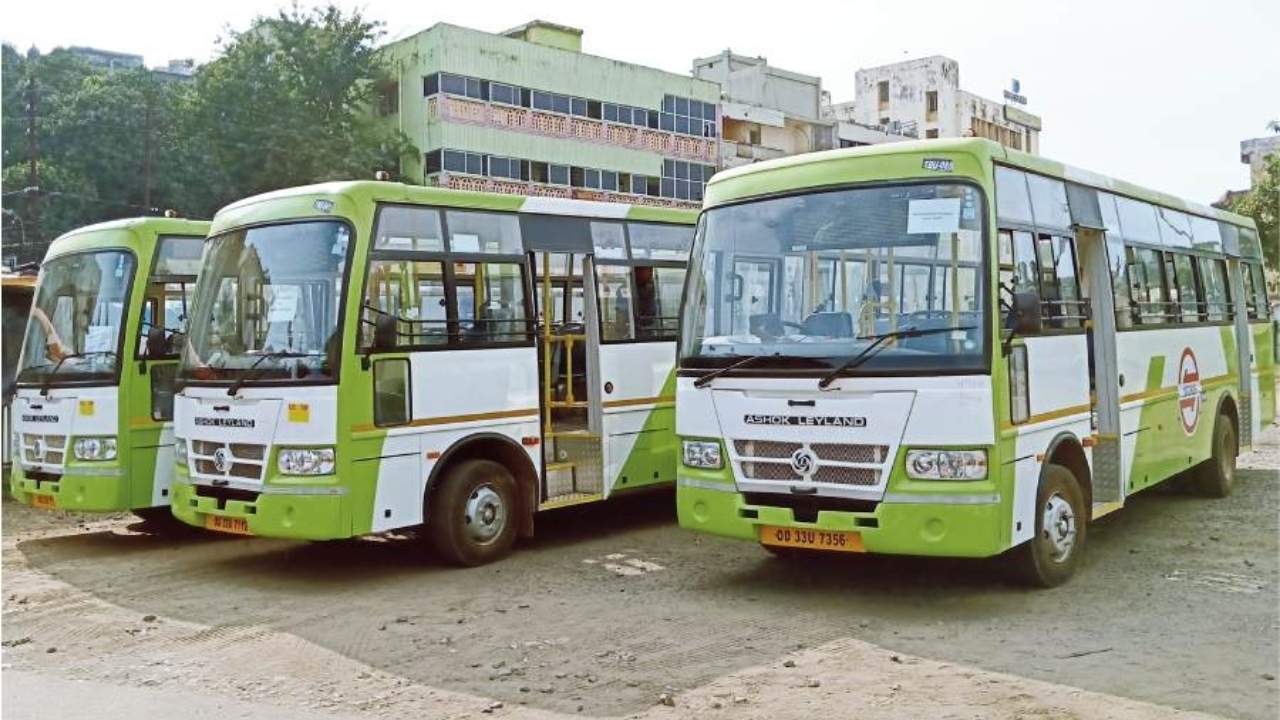BHUBANESWAR – The All India Institute of Medical Sciences (AIIMS) in Bhubaneswar has launched a comprehensive national programme to train healthcare professionals in Medical Oxygen Management. This critical initiative aims to strengthen India’s healthcare infrastructure and build resilience against future public health crises by ensuring a skilled workforce is capable of managing vital oxygen resources effectively, a lesson underscored by the COVID-19 pandemic.
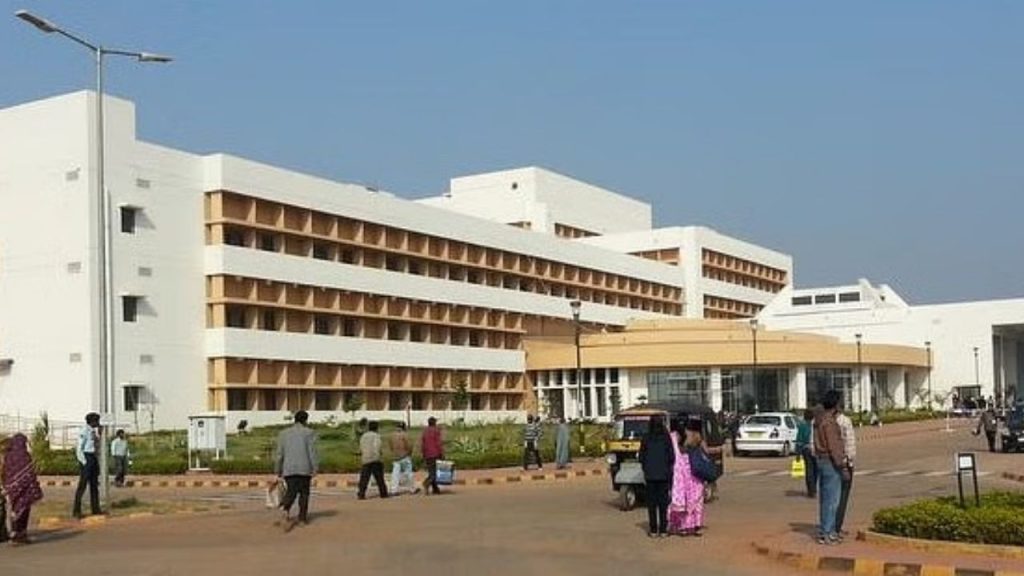
Strengthening National Preparedness
Drawing lessons from the severe oxygen shortages during the second wave of the COVID-19 pandemic, the initiative by AIIMS Bhubaneswar serves as a national hub for this capacity-building effort. The programme is designed to create a pool of master trainers from states and Union Territories across the country. These trainers will then disseminate knowledge and skills within their respective regions.
According to officials, the three-day programme focuses on the entire oxygen supply chain. This includes the operation and maintenance of Pressure Swing Adsorption (PSA) oxygen generation plants, management of Liquid Medical Oxygen (LMO) storage and supply systems, and the safe handling of oxygen cylinders and pipeline infrastructure.
“The objective is to make our hospitals and healthcare facilities self-sufficient in terms of oxygen supply and management,” said a senior official from the Ministry of Health and Family Welfare in a press release. “This program directly addresses the need for skilled human resources, which is as crucial as the physical infrastructure.”
A Curriculum for Crisis Aversion
The training curriculum covers both technical and logistical aspects of oxygen management, ensuring a holistic approach to preventing future shortages.
Key Training Modules:
- PSA Plant Operations: Participants receive hands-on training for operating and performing routine maintenance on PSA plants, which have been installed in numerous hospitals nationwide post-2021.
- LMO and Cylinder Logistics: The course details the safe handling, storage, and transportation of LMO and the complex logistics of managing oxygen cylinder banks.
- Safety and Quality Control: A significant portion of the training is dedicated to safety protocols, fire prevention measures associated with oxygen handling, and ensuring the medical-grade quality of the oxygen produced.
This National Capacity-Building programme involves doctors, nurses, and technicians from various government hospitals. The first batch of trainees included representatives from several states, who are now expected to conduct similar training exercises locally.
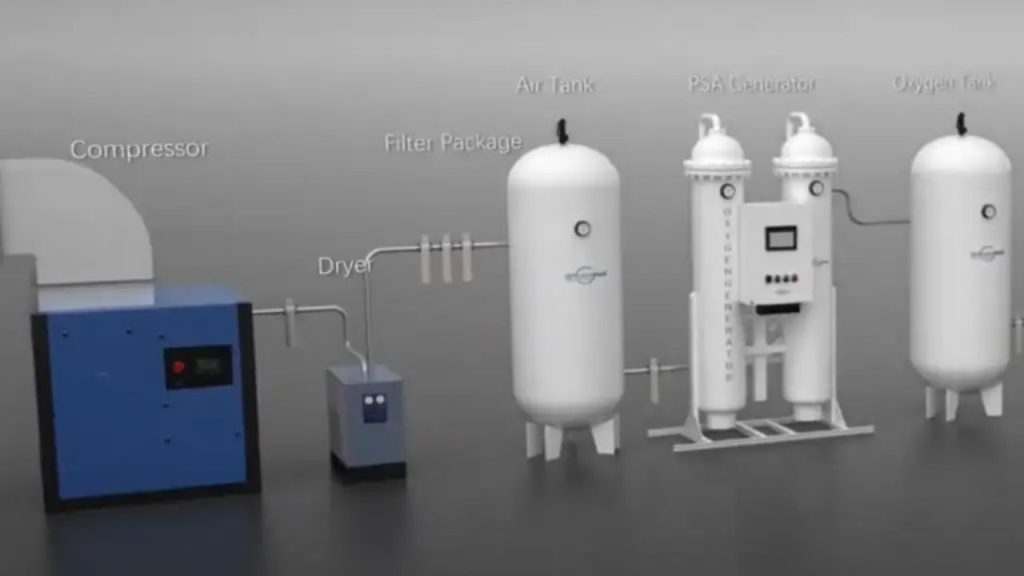
A Strategic Investment in Healthcare Infrastructure
This initiative is part of a broader strategy by the Indian government to fortify the nation’s Healthcare Infrastructure. Following the pandemic, significant investments were made to increase the number of PSA plants and enhance LMO storage capacity across the country. The AIIMS Bhubaneswar programme ensures that this newly established hardware is supported by proficient manpower.
Dr. Ashutosh Biswas, Executive Director of AIIMS Bhubaneswar, emphasized the programme’s importance. “Skill development is a cornerstone of a resilient healthcare system. By empowering our healthcare professionals with the right knowledge, we are not just managing a resource; we are safeguarding lives and ensuring our readiness for any eventuality,” he stated during the programme’s inauguration.
Experts in public health have lauded the move, noting that a proactive approach to training is essential for the long-term sustainability of health security measures.
More MBBS Seats Approved for Odisha! Check Eligibility, Colleges
Bhubaneswar’s Premier Govt Hospital Fails to Deliver Basic Dental Treatment
Looking Ahead
The program is expected to run in multiple phases, eventually covering all states and Union Territories. The ultimate goal is to create a standardized protocol for Medical Oxygen Management across India, ensuring that every designated hospital has a trained team ready to handle its oxygen resources efficiently, particularly during periods of high demand.
This effort by AIIMS Bhubaneswar marks a significant step from reactive crisis management to proactive system strengthening, reflecting a strategic shift in India’s public health policy.

